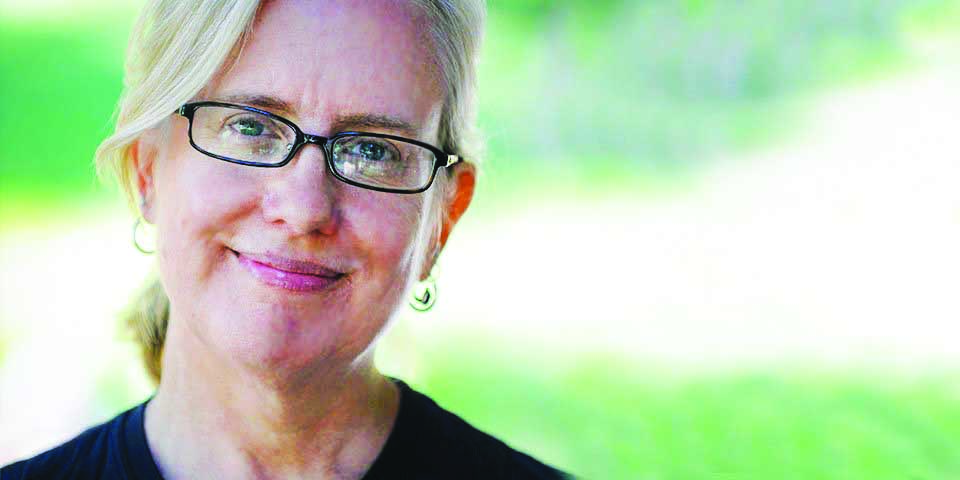In association with New York’s The Acting Company, Marin Theatre Company is set to host the world premiere of Lisa Peterson’s new play, Odyssey.
An adaptation of the 2018 Emily Wilson translation of Homer’s The Odyssey, the play examines who are strangers, how they are treated and the concept of home. It runs Aug. 31 to Sept. 24.
In present-day Greece, on the Isle of Lesbos, four young women fleeing conflict and economic repression in their home countries find themselves in a refugee camp trying to plan their next step. Strangers to each other, they tell the stories of their journeys across the Mediterranean Sea, speak of their quests to find a home and debate what is expected from both a guest and a host.
When asked in a recent interview why she was adapting a play that has been adapted so often, Peterson stated, “I want people to hear the story anew.” Peterson, who is known for, among other things, her award-winning co-adaptation of the Iliad, initially had no interest in adapting The Odyssey. It was reading Wilson’s contemporary ground- and glass-ceiling-breaking translation of the epic poem that inspired her to take a closer look at the story.
As the first female translator of The Odyssey, Wilson is known in her work for the sensitivity with which she presents the ancient verse and her three-dimensional look at the women in the poem. In Wilson’s translation, the major themes of hospitality, migration and how a civilized society should treat guests are brought to the forefront.
“It had to take place on the Mediterranean,” Peterson explained. The beautifully perilous sea joins the ancient and the modern, much as the fate of many of Odysseus’ men, lost to angry gods and turbulent seas, mirrors the modern migrant crises.
The U.N. estimates that from Jan. 1-Aug. 13, 2023, 2,175 people have already died at sea attempting the dangerous crossing. Those who survive the crossing find themselves in unwelcoming and unfamiliar lands. Like Odysseus, they are often forced to rely on the kindness of strangers. And like Odysseus’ landing in Ithaca, if they do make it home, their home is often unrecognizable.
Peterson, who also directs the play, stresses the importance of asking questions about the ancient poem and the modern crisis. “The job of theater,” she stated, “is often to grow empathy.” Through the lens of the well-known story, she has given modern-day refugees a voice.
Importantly for Peterson, who is white, one of the characters is an Albanian woman. She wants people to see that the migrant crisis impacts everyone, regardless of skin color. “You can’t just dismiss it as something that happens to others,” she said. “There is no other. Only humans.”
As for the women of color in the play, Peterson has gone to extraordinary lengths to ensure that these women are fully realized. Since the play is a world premiere, the current cast, consisting of Layla Khoshnoudi, Zamo Mlengana, Anya Whelan-Smith and Sophie Zmorrod, has been instrumental in helping to form these characters as well.
“The more rehearsals and feedback, the better the adaptation,” Peterson said of the process. However, she was quick to point out that it is not up to the cast to do the emotional labor for her. Plus, she noted that she is always striving to bring as much sensitivity to the characters as she can, which means listening to those willing to teach and finding as many sources as possible with which to inform herself.
“Who is the storyteller?” Peterson asked. “That’s what’s important in an adaptation.” For so long, the migrant story has been told through the view of a solo man.
Finally, through the combined efforts of Wilson, Peterson, The Acting Company and MTC, the women will have a voice.
For more information, including showtimes and tickets, visit marintheatre.org.






